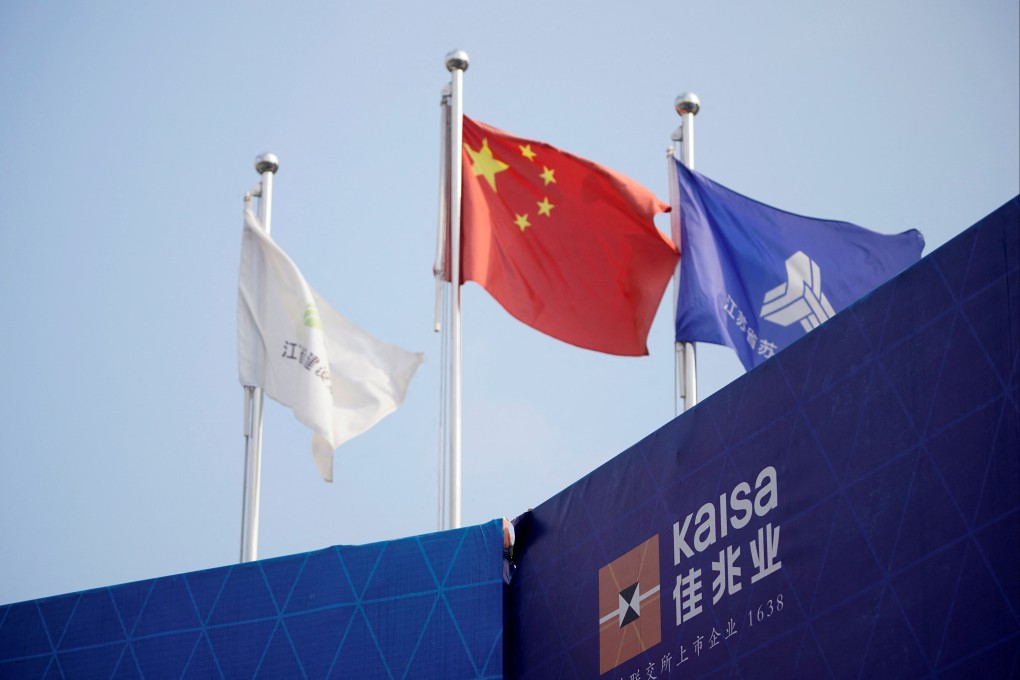Advertisement
China’s Kaisa Group flags US$1.2 billion first-half loss amid home sales slump, write-down
- The Shenzhen-based developer expects to post a loss of as much as 9.8 billion yuan (US$1.3 billion) for the six months to June, versus a loss of 6.6 billion yuan a year ago
Reading Time:2 minutes
Why you can trust SCMP

Chinese developer Kaisa Group warned that it expected its net loss to widen for the first half, underscoring the troubles property firms face amid a sector-wide downturn despite government support.
Advertisement
The company expected a net loss of between 8.8 billion yuan (US$1.2 billion) and 9.8 billion yuan for the first six months this year, compared with a loss of 6.6 billion yuan a year earlier, according to a filing to the Hong Kong stock exchange on Thursday.
The decline was mainly because of a decrease in revenue as a result of fewer handovers of properties and an increase in impairment provisions, the company said.
Kaisa’s weak report card is likely to resemble those of most mainland Chinese developers, which are expected to post another round of poor quarterly earnings, extending a losing streak dating to 2020 as Beijing’s support measures fail to shore up confidence among homebuyers.
Earlier this month, Sino-Ocean Group, Redsun Properties and Zhenro Properties Group flagged losses for the first half. China Vanke, once the mainland’s second-largest home builder, last month warned investors of interim losses between 7 billion yuan and 9 billion yuan.
Despite a historic rescue package of 300 billion yuan announced by Chinese authorities in May, home sales continue to weaken. Transacted home sales generated by the top 100 Chinese developers dropped to 279 billion yuan in July, a decline of 36.4 per cent compared with June and 19.7 per cent lower than a year earlier, according to China Real Estate Information Corporation.

Advertisement
